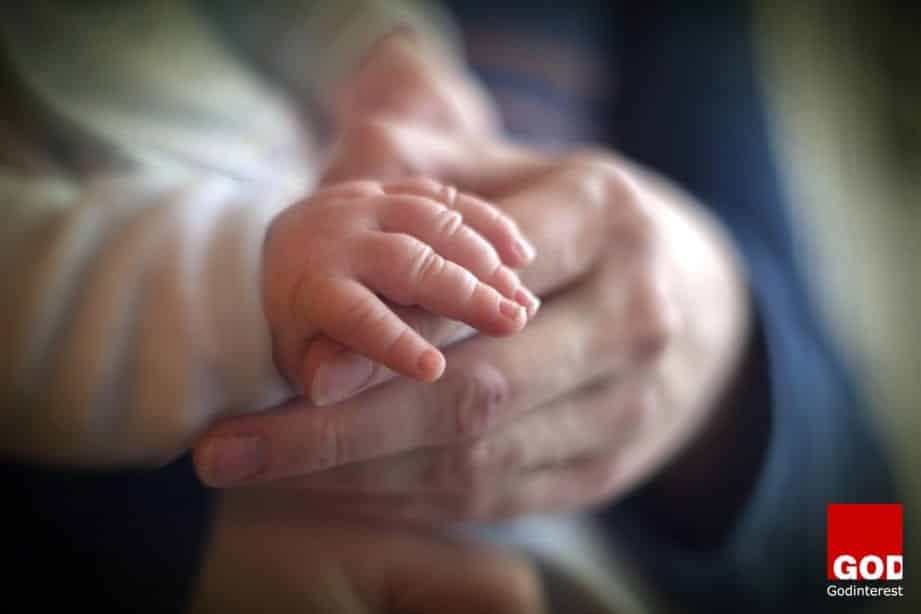In many countries, Father’s Day is celebrated every third Sunday of June. There are many ideas about fatherhood. Fathers everywhere have endless words of advice to share with fathers-to-be. The Bible has some words to share about fathers. Here are some insights:
1. Fathers are not to exasperate their children.
Ephesians 6:4 (NIV) says, “Fathers, do not exasperate your children; instead, bring them up in the training and instruction of the Lord.” In another version, it says, “Fathers, do not provoke your children to anger, but bring them up in the discipline and instruction of the Lord”. (ESV)
From the verse, we gather that “exasperate” and “provoke” is the opposite of nurture and admonition. Fathers should not have the habit of infuriating or intensely irritating their children. Instead, they should be nurturing and admonishing towards them thru the guidance of God’s Word.
To nurture is to care. Fathers must show care and to show it in a way that their children understand. Hard love is sometimes necessary. But at all times, a father must ensure that there is indeed love in how he deals with his children.
To admonish is to advise and to warn. Fathers must not hesitate giving advice to their children. Guided by the Word, he must ever be ready to give insight when it is needed and to give rebuke when it is warranted.
2. Fathers are to discipline their children in love.
Proverbs 3:12 says, “For whom the Lord loves He reproves, even as a father corrects the son in whom he delights.”
From the verse, we gather that love is the foundation and the reason for rebuke and discipline. Fathers and yes, mothers, are not to discipline out of anger. For those who believe (as the Bible does) in a physical form of discipline, it must never be done as a reactive response. A reactive response is” we hurt somebody because that somebody hurt us; we shout because somebody else shouted at us. Discipline is not like that. It is a proactive response. Fathers (parents) discipline their children in order to reinforce teaching and so that the error hopefully will not be repeated again.
3. Fathers are to show compassion on their children.
Psalm 103:13 says, “As a father has compassion on his children, so the Lord has compassion on those who fear him.”
From the verse, we gather that fatherhood should be marked by compassion. This means that there is no need to instill great fear in one’s children. This means that a father may be bare and open before his child and not be perceived as weak but rather, honest and compassionate.
The compassionate father will learn not to overly or unreasonably expect beyond what his children are capable of at the moment. The compassionate father will learn to extend patience while his children learn the basics and equip themselves for independence later on. The compassionate father will rebuke but not reject a wayward child. The compassionate father will not be happy with a child’s failures but will always be encouraging his child towards betterment.
The Bible has more to say. In many points, the seeking father will learn that he should pattern his fatherhood after the Great Father- the Loving One, the Forgiving One, and the Strengthening One; from whom he will get strength and guidance in order to be better at fatherhood, one day at a time.

























